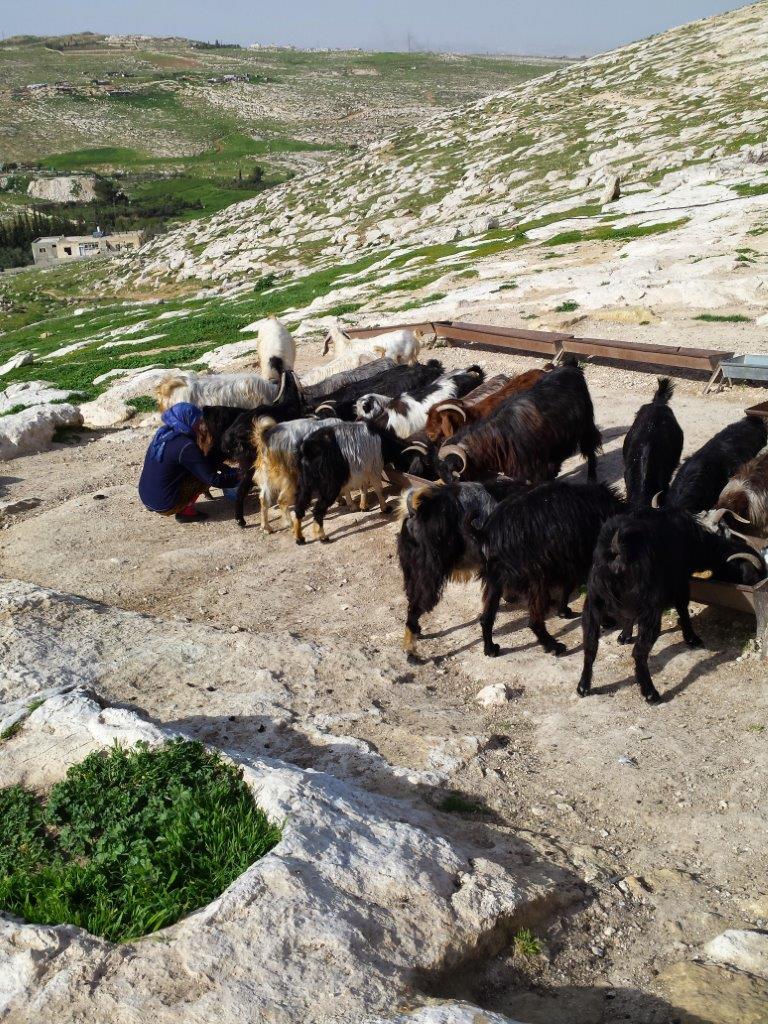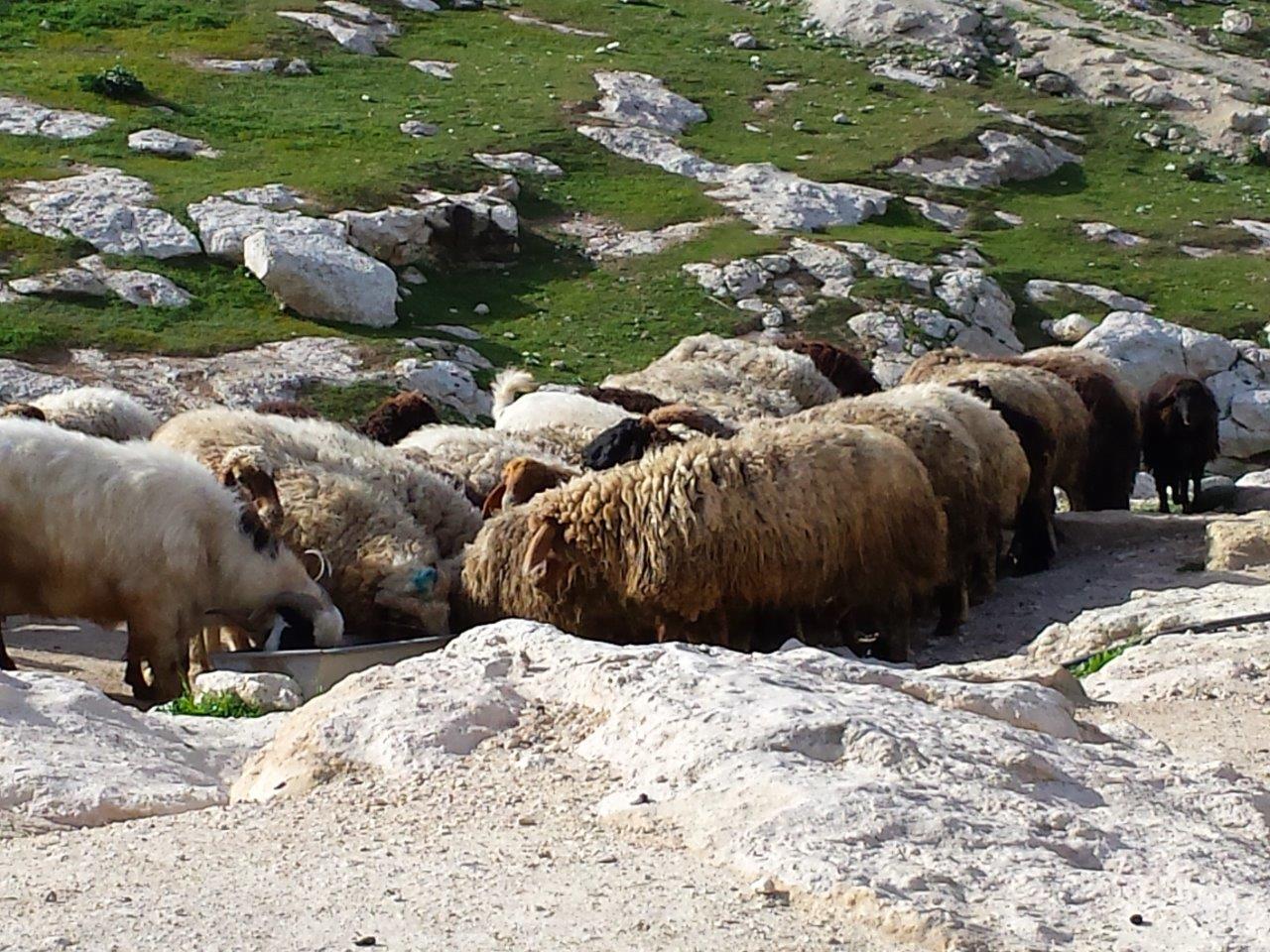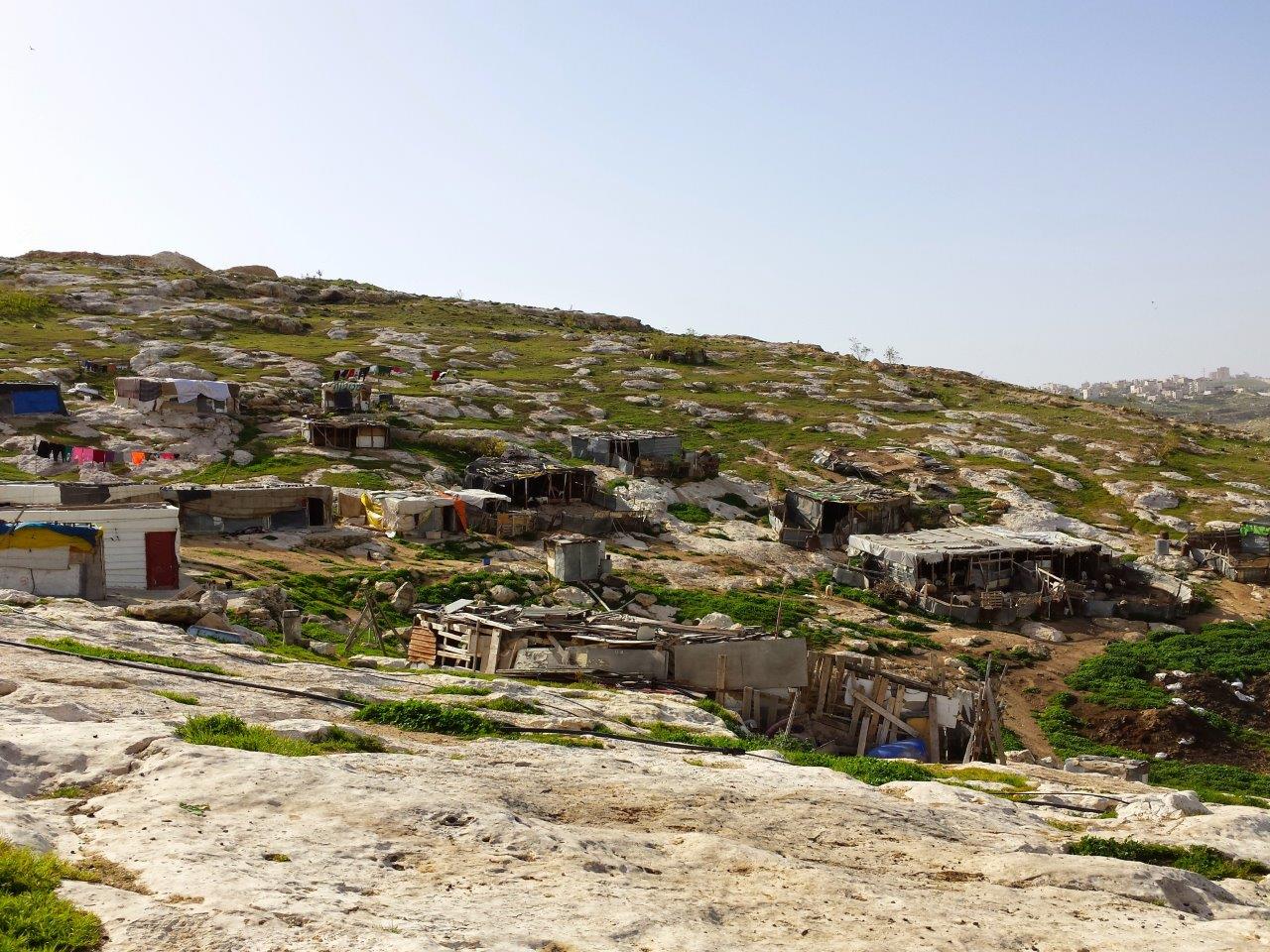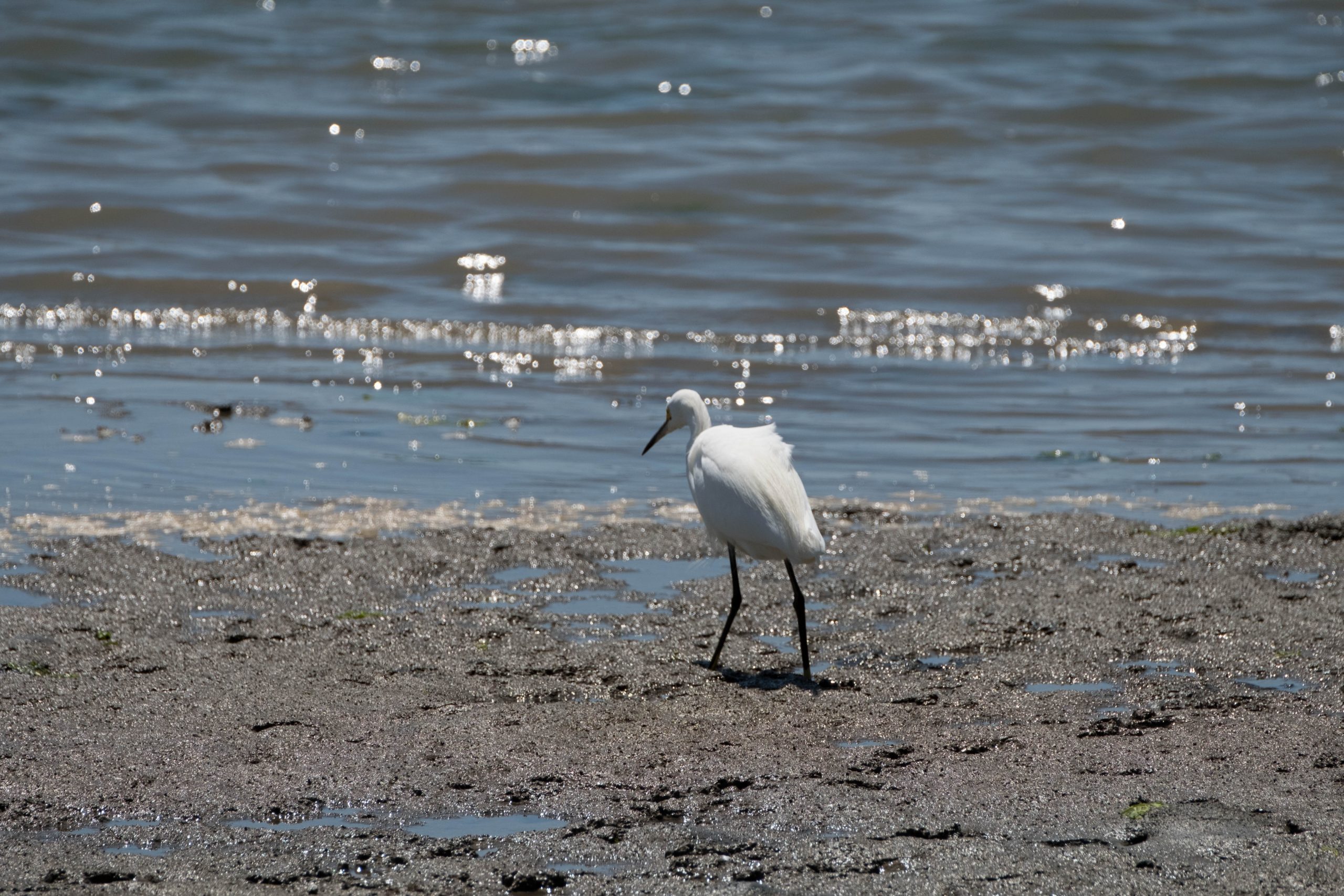
Even if this is an autobiographical study, it seems important to identify the kind of case to be investigated. We may distinguish between several kinds of cases. Extreme or deviant cases are good for getting a point across. Critical cases permit logical deductions more than other cases, since if things are true for this case, it may well be the same for all other cases. Paradigmatic cases are exemplary in highlighting general characteristics of a society. Some cases fall simultaneously in more than one category. Case selection is not an objective process, and assumptions about a certain case at the start of a research may turn out to be erroneous when in a more advanced stage (Flyvbjerg, 2004).
Let us look from the perspective of case selection at the characteristics of the two parts of this friendship, Bashar and myself. Bashar, who was born in the Judean desert, spent, spent his youth in the most primitive environment. He struggled to get higher up and now has the highest education in his tribe (apart from his brother). He worked for many years in Israel, traveled abroad and – in his environment – has had relatively much contact with the Western world. Only in his thirties, Bashar was elected by his extended family to become the first elected sheikh of the Jahalin Bedouins, a role of major honor, power and importance. His life story is extreme, and at the same time in many ways exemplary of Bedouin values and lifestyle. In addition, if things are true for him, they may be true as well for many other Bedouins with less contact with Israeli or Western cultures. Accordingly, from the point of view of case selection from within the Bedouin culture, Bashar could be seen simultaneously as an extreme, a critical and a paradigmatic case.









